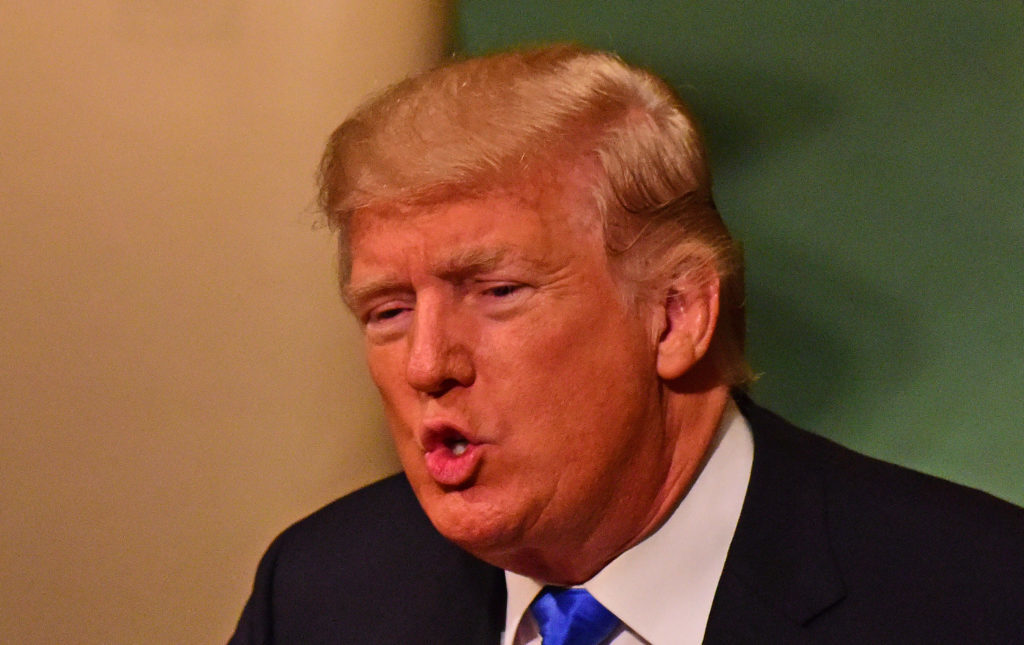Donald Trump just got some ugly news out of the New Hampshire primary

The night before the New Hampshire primary, we got a fun but not substantial story out of the tiny locale of Dixville Notch, where the only person to vote in the Republican primary decided to write in “Mike Bloomberg” just to stick it to Donald Trump. This didn’t mean Trump was going to lose the entire state, of course. But Dixville Notch did foreshadow that Trump would end up getting some pretty ugly numbers out of New Hampshire.
It turns out the anti-Trump sentiment among Republicans in New Hampshire is decidedly real. Republican candidate Bill Weld ended up getting around 12,000 votes, or roughly nine percent of the Republican primary vote. This obviously does not put Weld on track to come anywhere close to competing with Donald Trump for the Republican nomination. But it does potentially point to a historical level of trouble for Trump.
Whenever a modern incumbent president has faced a primary challenger who managed to pick off a decent percentage of the vote across the nation, that president has gone on to lose the general election. Gerald Ford lost the general election in 1976 after Ronald Reagan primaried him. Jimmy Carter lost the general election in 1980 after Ted Kennedy primaried him. George H.W. Bush lost the general election in 1992 after Pat Buchanan primaried him. In each instance, the primary challenge confirmed a strong anti-incumbent voter sentiment within the president’s own party, which carried over into apathy from the president’s party in the general election.
To be clear, these primary challengers all ended up getting a lot higher percentage of the vote than Bill Weld got last night in New Hampshire. But still, Donald Trump has gone to extreme lengths to try to prevent the Republican primary contests from even happening, and Weld’s strength in New Hampshire suggests that Trump was correct to worry. Again, Weld isn’t going to be the nominee. But if Weld continues putting in numbers this high or higher in upcoming primary states, it can be taken as a sign that anti-Trump sentiment among Republican voters is indeed something that Trump will need to worry about in the general election.
